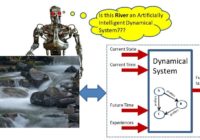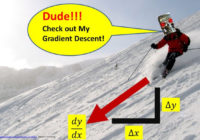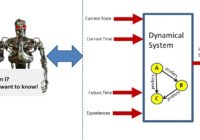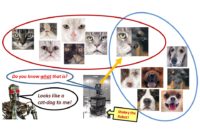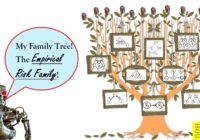LM101-084: Ch6: How to Analyze the Behavior of Smart Dynamical Systems
Podcast: Play in new window | Download | Embed
Episode Summary: In this episode of Learning Machines 101, we review Chapter 6 of my book “Statistical Machine Learning” which introduces methods for analyzing the behavior of machine inference algorithms and machine learning algorithms as dynamical systems. We show that when dynamical systems can be viewed as special types of optimization algorithms, the behavior of those systems even… Read More »
